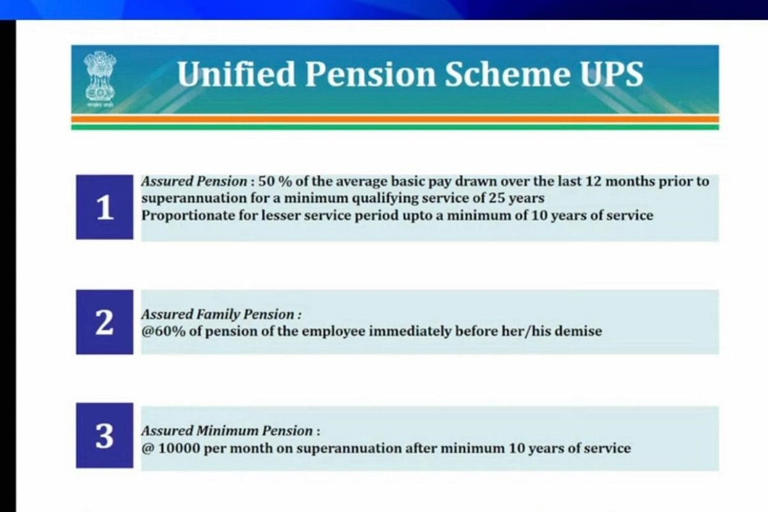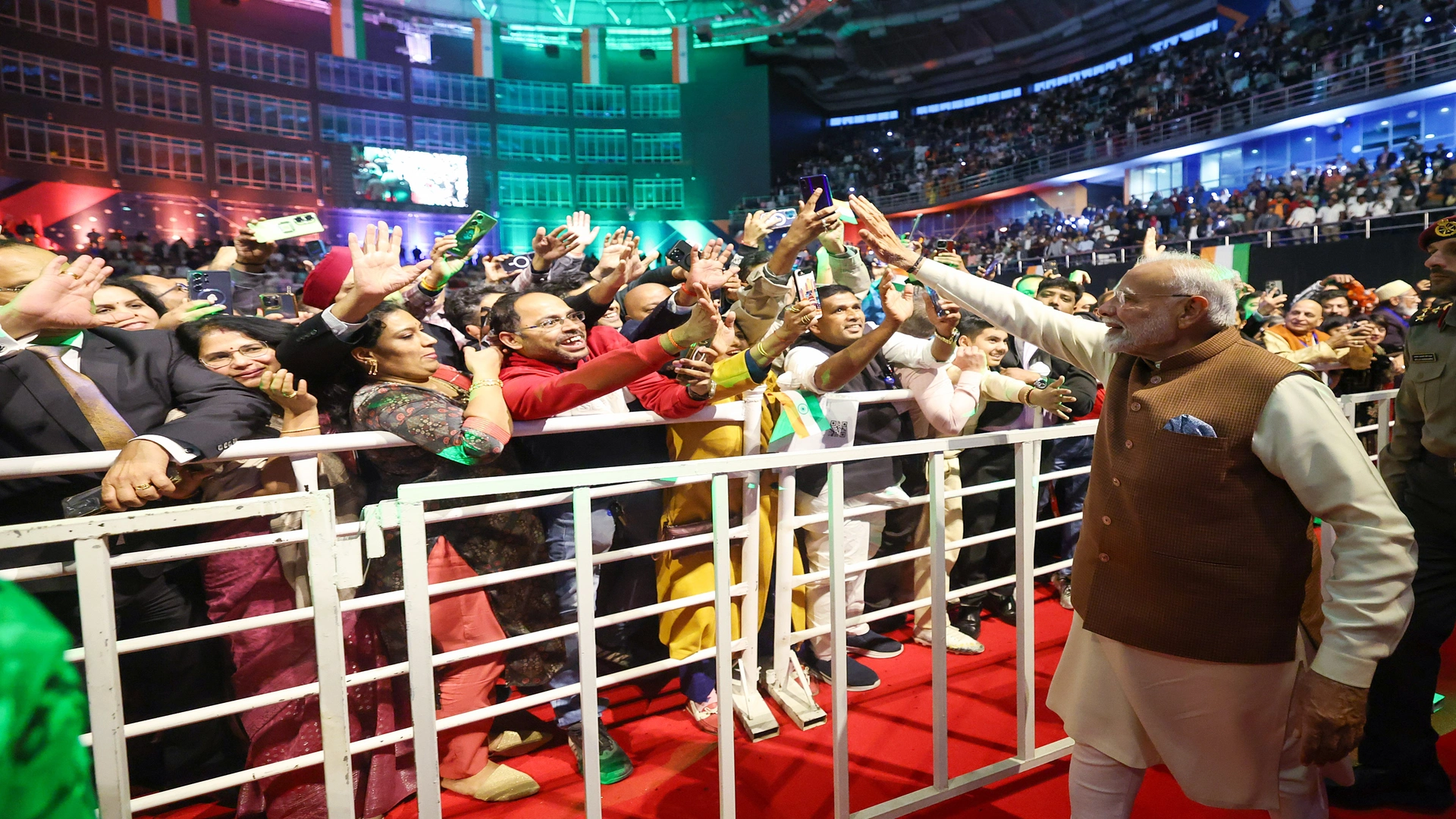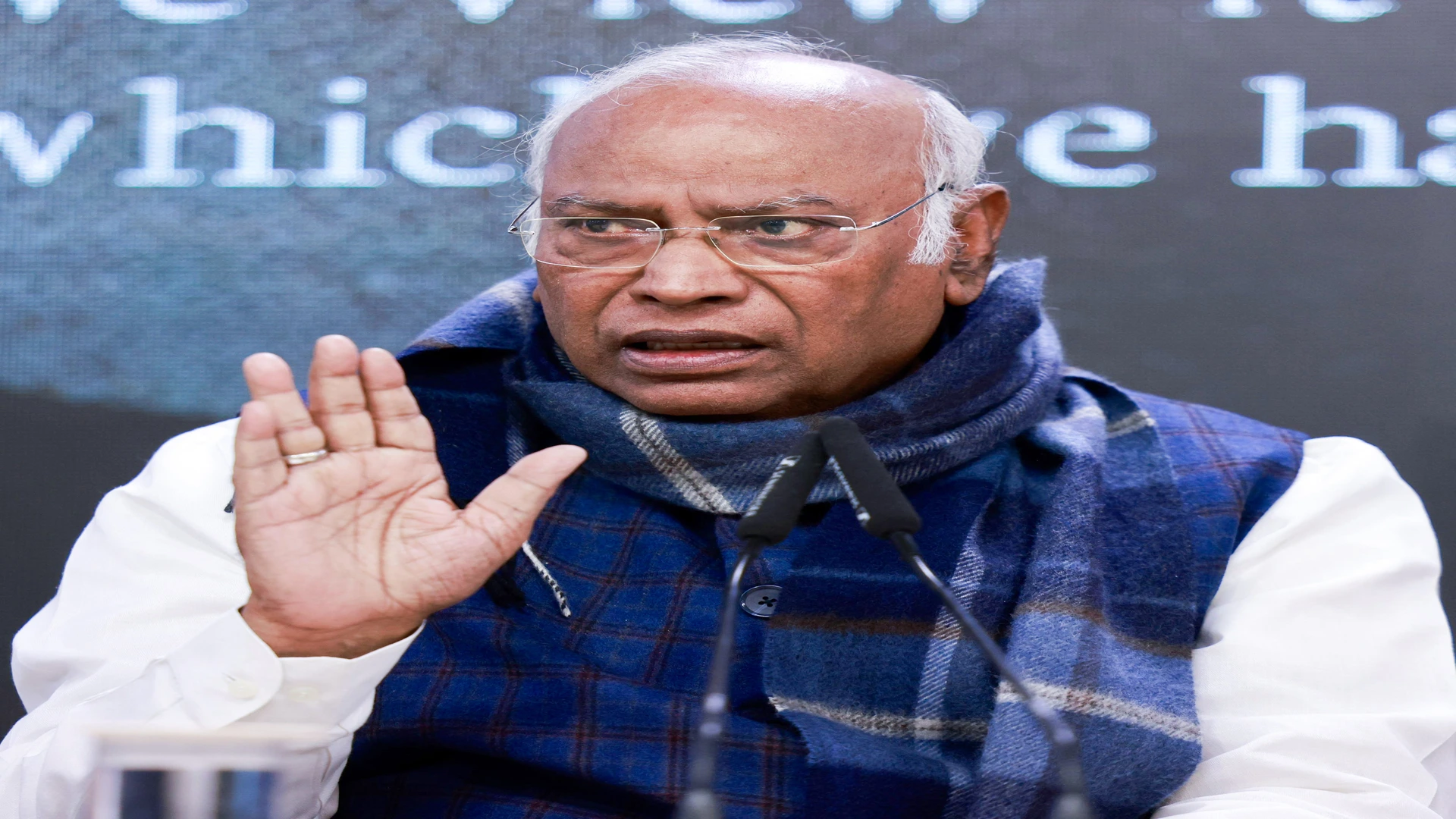The Congress party has taken a sharp dig at the Modi government following the announcement of the Unified Pension Scheme (UPS), which promises a guaranteed pension of 50% of an employee’s last drawn salary. Congress President Mallikarjun Kharge led the charge, claiming that the ‘U’ in UPS stands for the Modi government’s “U-turns.”
Unified Pension Scheme Announcement
The Union Cabinet, led by Prime Minister Narendra Modi, recently approved the Unified Pension Scheme, which aims to fulfill long-standing demands of government employees. The scheme guarantees a minimum pension of Rs 10,000 per month for those who retire after at least 10 years of service, and also includes provisions for assured family pensions and inflation indexation.
This move is seen as a significant change from the existing National Pension System (NPS), which was introduced for government employees joining after January 1, 2004. The NPS is based on contributions from both employees and the government, unlike the newly proposed scheme, which assures a fixed pension amount.
Congress’ Critique: A Series of U-Turns
Congress President Kharge took to social media to criticize the Modi government’s latest move. “The ‘U’ in UPS stands for Modi Govt’s U-turns!” Kharge declared, listing other instances where he believes the government has reversed its stance. These include rollbacks in the budget regarding Long Term Capital Gains/Indexation, the decision to send the Waqf Bill to a Joint Parliamentary Committee, and the withdrawal of the Broadcast Bill.
Kharge argued that these actions reflect the government’s inability to stand by its policies, stating, “We will keep ensuring accountability and protect 140 crore Indians from this despotic government!”
Political Implications Ahead of Elections
The timing of this announcement is notable, coming just before assembly elections in key states like Haryana and Jammu and Kashmir. The move could be seen as an attempt to win favor with government employees, a significant voting bloc.
The new scheme is expected to benefit 23 lakh central government employees, with the potential to extend to 90 lakh employees if state governments decide to adopt the scheme.
A Response to Demands for the Old Pension Scheme?
The Unified Pension Scheme also appears to be a response to recent demands from employee organizations and non-BJP states to revert to the Old Pension Scheme (OPS). Under OPS, retired employees received 50% of their last drawn salary as a pension, adjusted for inflation. Critics of NPS argue that it is less secure than OPS, which, although fiscally challenging, provided more predictable retirement benefits.
Conclusion
As the debate over pension reforms continues, the Unified Pension Scheme marks a significant shift in government policy. Whether this move will satisfy the demands of government employees or further fuel political controversy remains to be seen. The Congress party’s sharp criticism suggests that the issue will remain a contentious topic in the run-up to upcoming elections.







